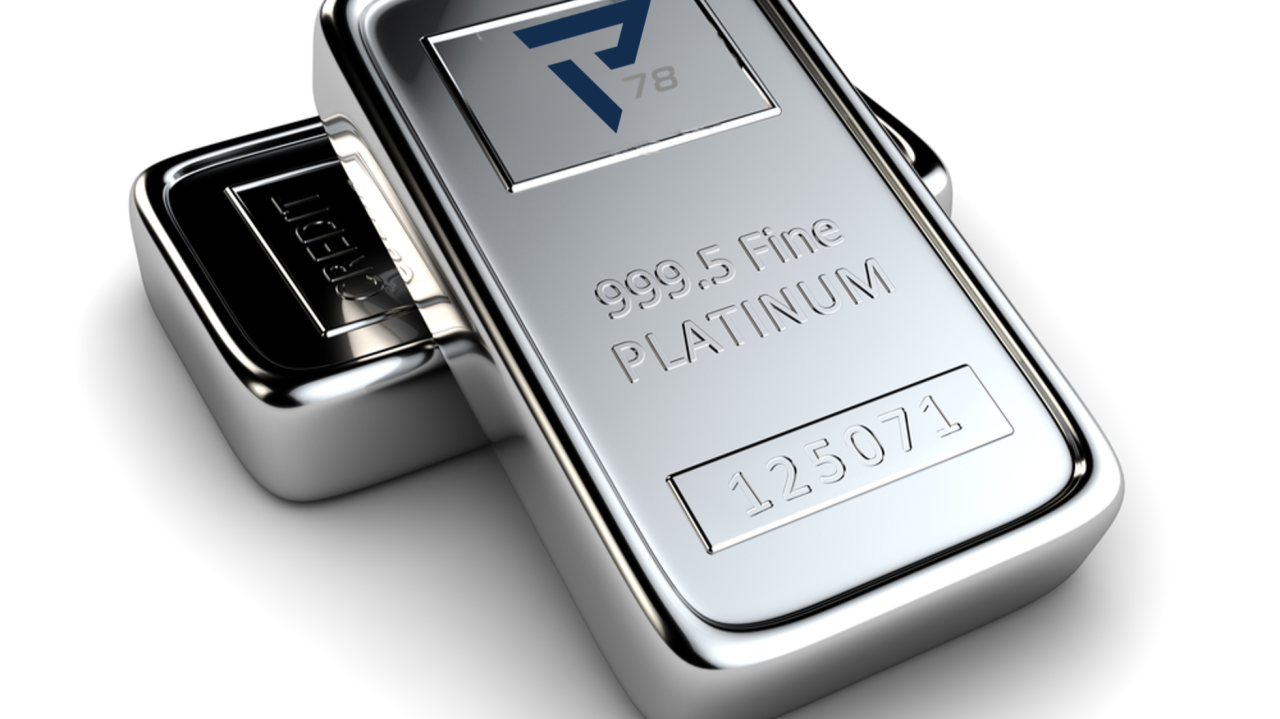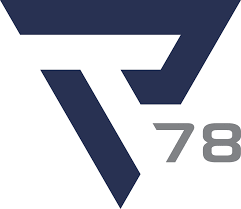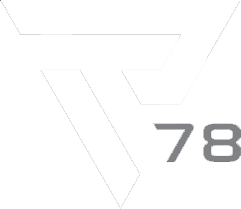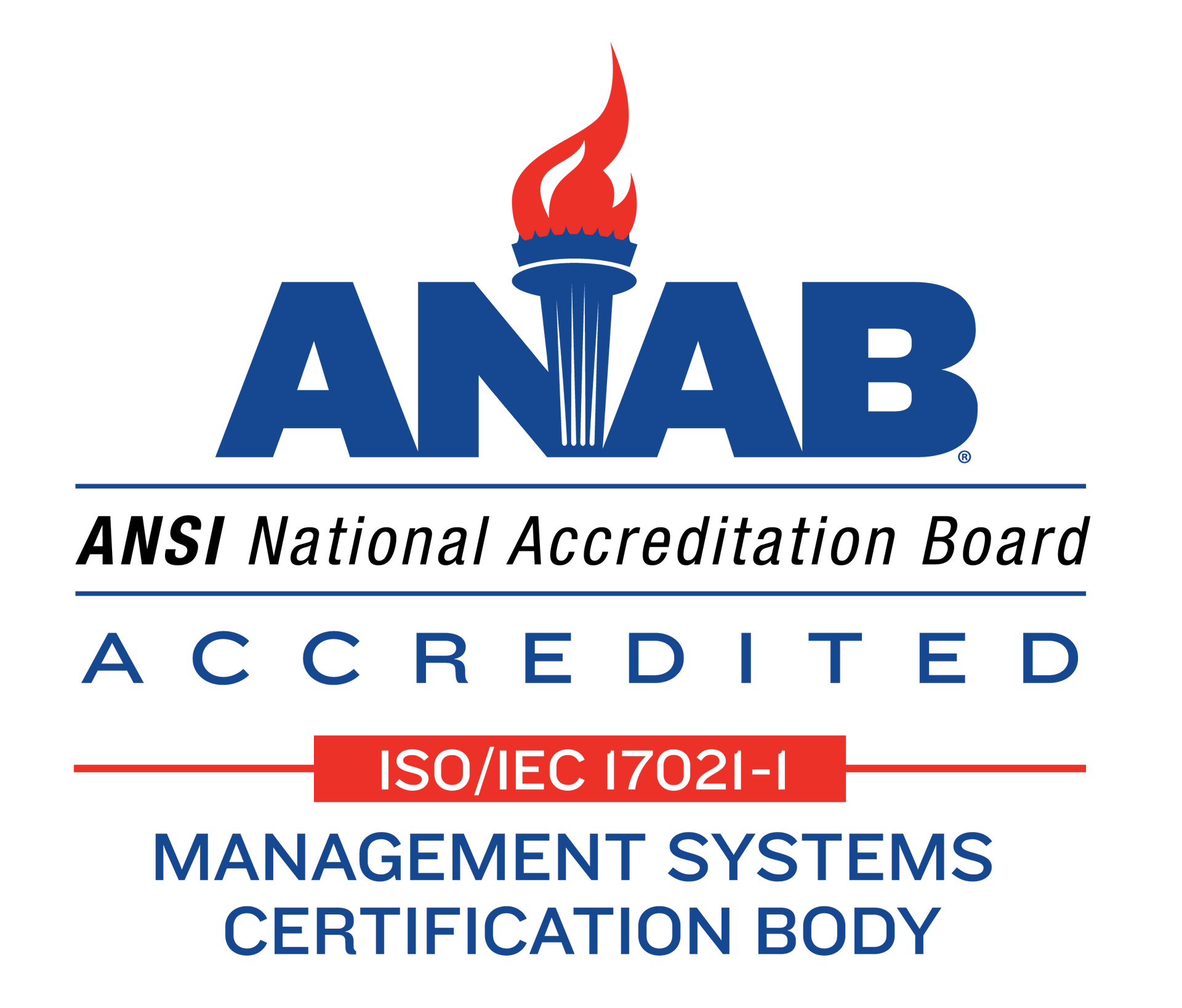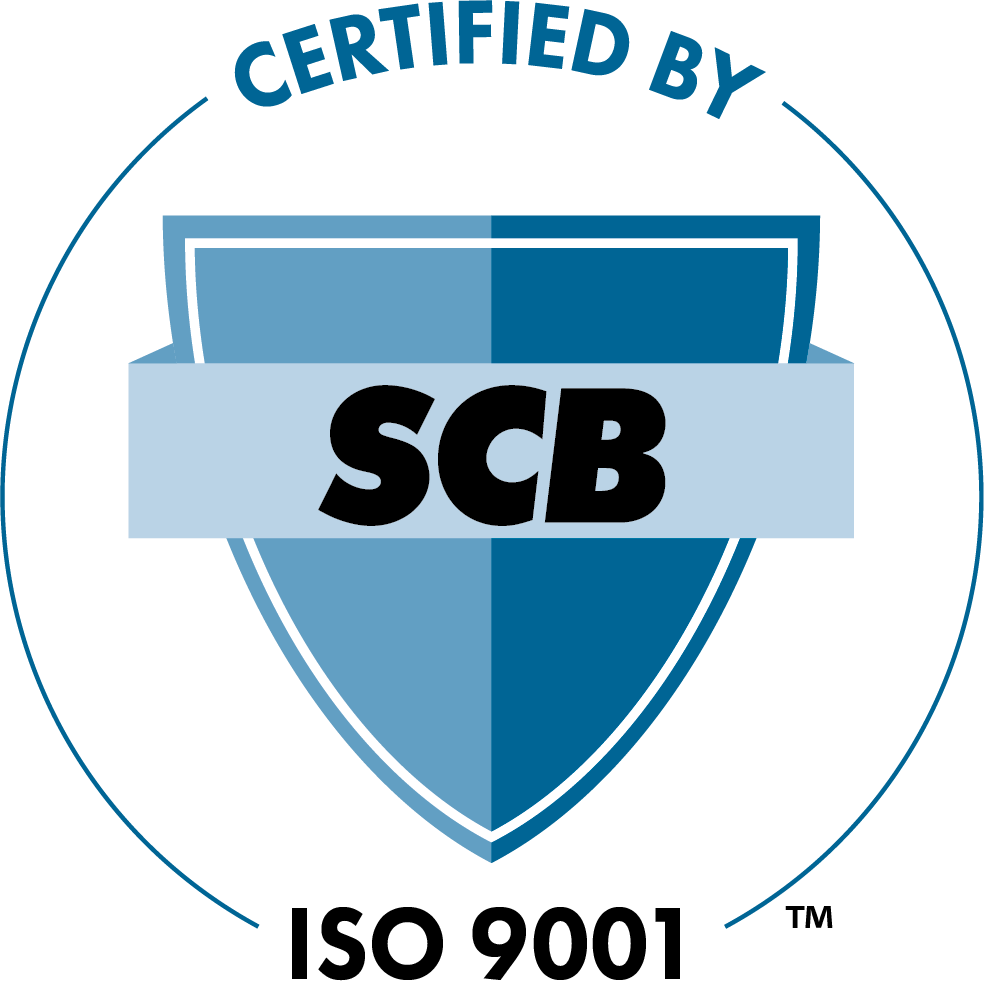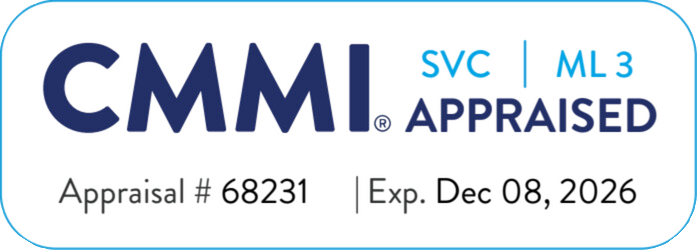The Privilege of Permission
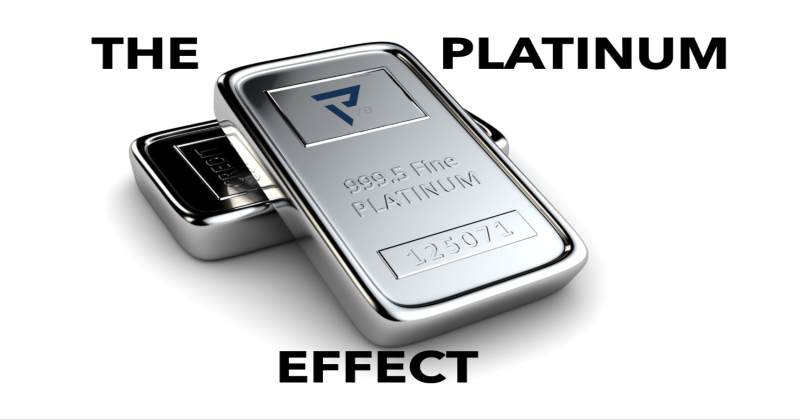
A few weekends ago, Nick Dunlap stunned the golf world by becoming the 1st amateur to win a professional tournament since Phil Mickelson accomplished that feat in 1991. At age 20, he is also the youngest amateur to win on the PGA tour since 1910. The evening before his victory, Nick fielded questions from an on-air reporter on how he felt, what a victory would mean, etc. In his response he used a term, "Pressure is a Privilege..." and went on to give a thoughtful response. The quote stuck with me, so I looked it up and found that "Pressure is a privilege. It only comes to those who earn it." is credited to former world #1 tennis player, Billie Jean King (BJK).
Even though I find merit in this statement, it is a fascinating assertion that is worthy of debate for another time. The word 'privilege' is not commonly used in the English language (only 30 occurrences per million words) but is one that most of us can readily define, and remarkably -- has many divergent meanings depending on its context. For today, I'll stick with BJK's definition with a slight twist... recognizing the Privilege of Permission.
Most of my career, I have been on the delivery side of technology to the Federal Government. Over that time, I have observed that regardless of whether the client is commercial or in the Public sector, we operate in a permission-based environment where your individual or team’s performance determines whether you are given permission to increase the scope and value of your services offered. Conversely, I believe the opposite is true, your scope will be consequently reduced—sometimes to zero if you don’t perform.
As leaders, I would submit that this idea is magnified as we have a 360-degree stakeholder community that often has conflicting priorities. We can be lured into solving the problem that lies in front of us for expediency, inadvertently creating a cycle of compliance vs. executing with an operational rigor that sets the conditions for disciplined execution over a period of time. With little room to scale, your permission to do more has little chance of happening. Since you’re fighting for compliance – any misstep is magnified because now you aren’t doing the bare minimum… and it just goes downhill from there. Paraphrasing from Jim Collins, we have to make a conscious choice to be Great and reinforce a mindset for resilience with a willingness to reassess our strategies and try something different.
So what does that conscious choice look like? The magic formula lies within a recent drink that I concocted. The ingredients are:
- Equal parts of ‘the passion of Steve Jobs’ and the ‘curiosity of Thomas Edison’
- A double shot of ‘Peter Drucker’s view on aligning actions with objectives’
- Topped of with the ‘empathy of Satya Nadella to drive innovation’
Kidding aside, my message this week begins with the end in mind, which is creating environments where your stakeholders are comfortable making a bet on you (or your organization) and ultimately giving you permission to take the right risks that will make their lives better. Before you seek that permission, ask yourself – would I trust ‘me’ to make that choice and why should they? If you are fortunate for that decision-maker to say yes – accept and be grateful for the privilege, then execute with deliberation, passion, and speed. Scaling these behaviors across an organization is one of the greatest challenges we have and requires aspiration and action. This doesn’t happen overnight, but if you institutionalize the necessary behaviors across your customer value stream – your ideas, translated to actions, will have far more meaningful impact.
Challenge Accepted. Thanks Nick and BJK.
